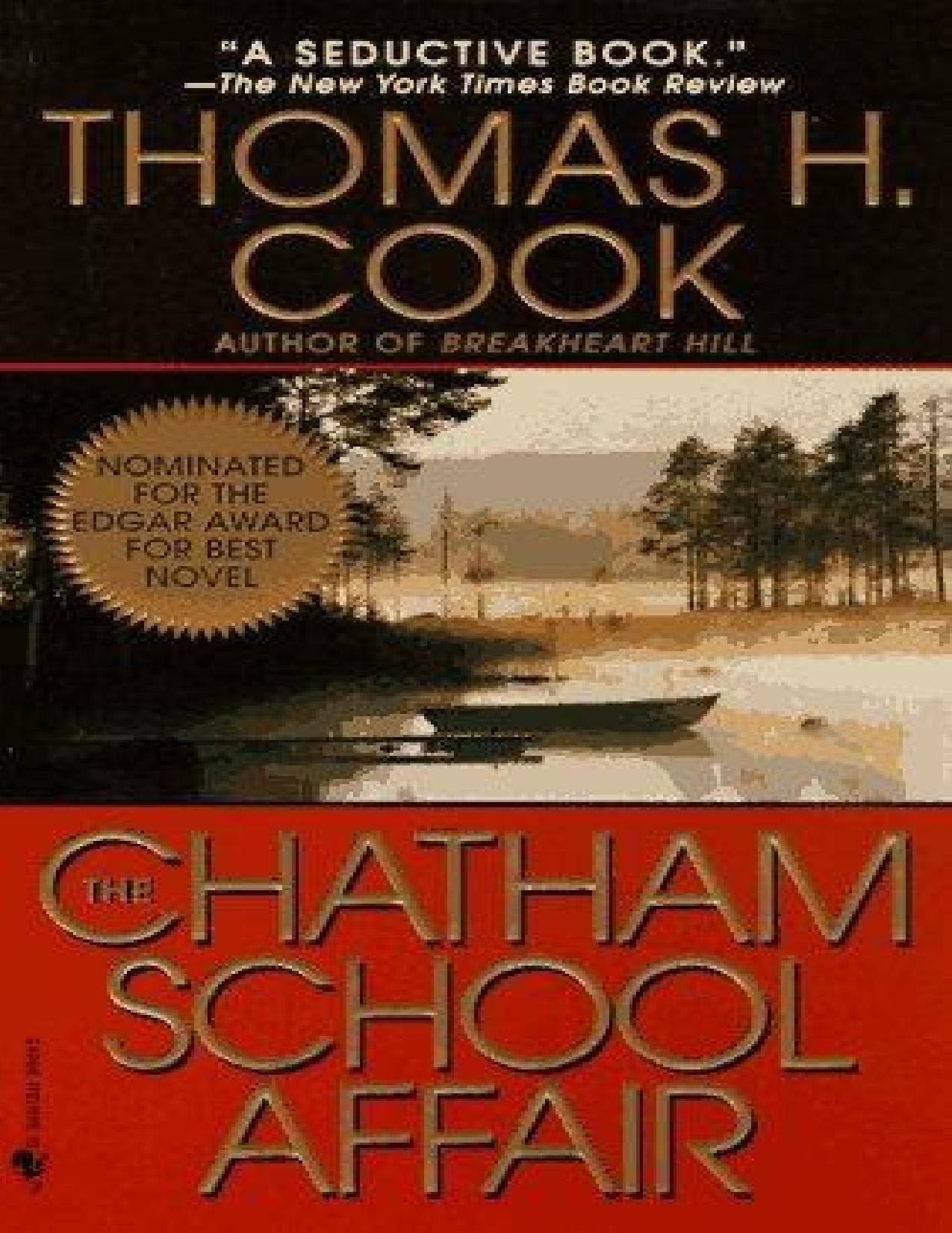
The Chatham School Affair PDF
Preview The Chatham School Affair
In 1926 Henry Griswald was a kid, a student of the lovely and unusual Elizabeth Channing, who had recently arrived in his coastal Massachusetts village to teach art at a private school run by his father. Decades later, the people of Henry's village are still racked by guilt and troubled by uncertainty--who, or what, drove Miss Channing to madness and murder? Henry Griswald, narrator of The Chatham School Affair, holds the key. Using the same dark, brooding tone that permeated __, Thomas Cook has crafted a disturbing yet entertaining psychological thriller.
From Publishers WeeklyLike the best of his crime-writing colleagues, Cook (Breakheart Hill) uses the genre to open a window onto the human condition. In this literate, compelling novel, he observes the lives of people doomed to fates beyond their control and imagination. One character here comments: "If you look back on your life and ask, What did I do?, then it means that you didn't do anything." Elizabeth Channing is trying to change the path of her life as, in 1926, she arrives to teach art at a small boys' school located in the Cape Cod village of Chatham. Believing that "life is best lived at the edge of folly," she immediately enthralls the novel's narrator, Henry, the headmaster's son. But Elizabeth is drawn to a fellow teacher, Leland Reed, a freethinker who is unhappily married and has begun to have serious doubts about his life. The inevitable tragedy and its aftermath is narrated by a mature, melancholy Henry looking back at the strange, bleak fates of those involved. Cook is a marvelous stylist, gracing his prose with splendid observations about people and the lush, potentially lethal landscape surrounding them. Events accelerate with increasing force, but few readers will be prepared for the surprise that awaits at novel's end. Literary boundaries mean little to Cook; crime fiction is much the better for that.
Copyright 1996 Reed Business Information, Inc.
